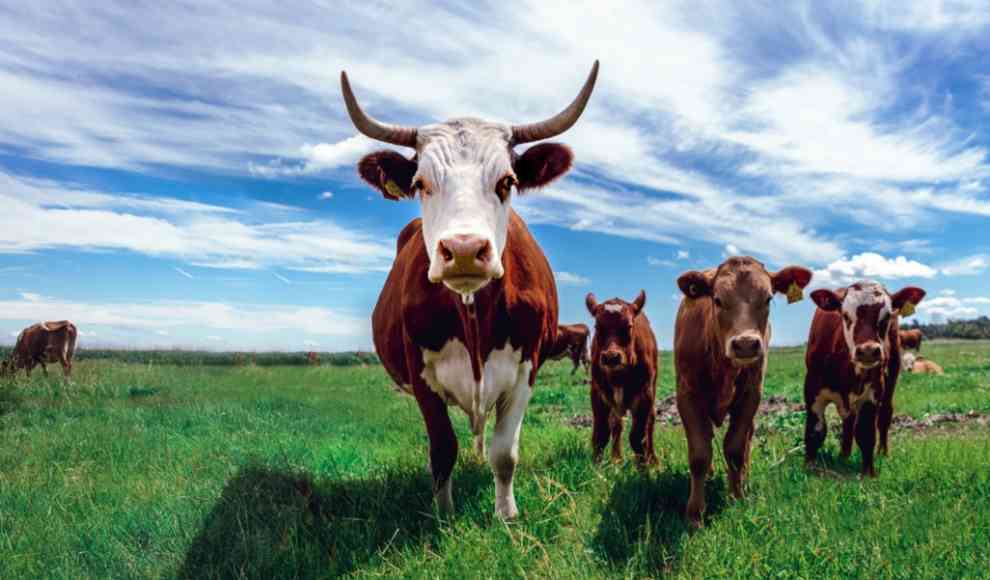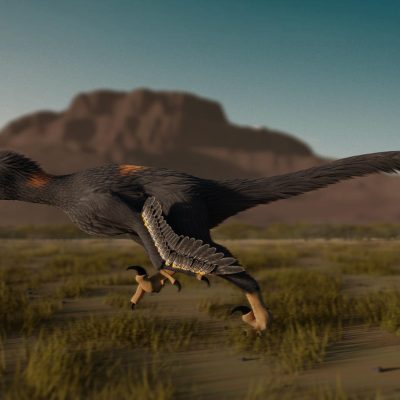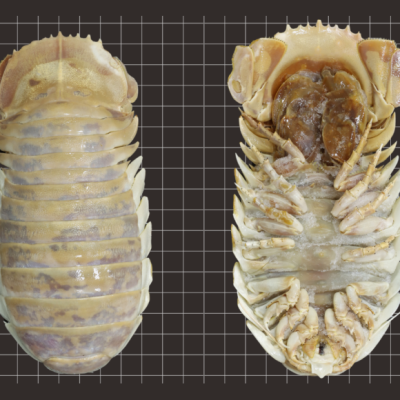Plastic is a widely used material due to its affordability, durability, and strength. However, out of the 400 million tons of plastics produced each year, approximately 9 million tons end up in the oceans, killing millions of marine creatures. Researchers have recently examined a bacterium found in the stomachs of cows that can completely decompose plastic in a short amount of time. This discovery could potentially lead to a cost-effective solution for plastic waste management.
Traditional PET plastic bottles take approximately 450 years to decompose, with the oldest PET bottle invented in 1973 only being 11% decomposed today. As plastics break down into smaller pieces, microplastics have become a health hazard for humans. Marine creatures consume these microplastics, and as a result, humans who consume these creatures also ingest microplastics. As a precautionary measure, researchers are exploring methods to break down plastic waste faster.
In 2016, Japanese researchers discovered a bacterium called Ideonella sakaiensis that can decompose plastic in 40 days. The bacteria found in cow stomachs could be a cost-effective alternative as millions of liters of stomach fluid are discarded each year. However, further research is necessary to determine if these bacteria can be artificially evolved to decompose plastic even faster. Additionally, some types of plastic have no natural decomposers, and new cows could be bred solely for the production of plastic-decomposing bacteria. The oceans, where plastic pollution is most significant, may also hold the key to discovering microorganisms that can efficiently decompose plastic. As the evolution theory suggests, only the most adaptable creatures survive, and plastic-eating organisms may be the key to survival in the future.
.










